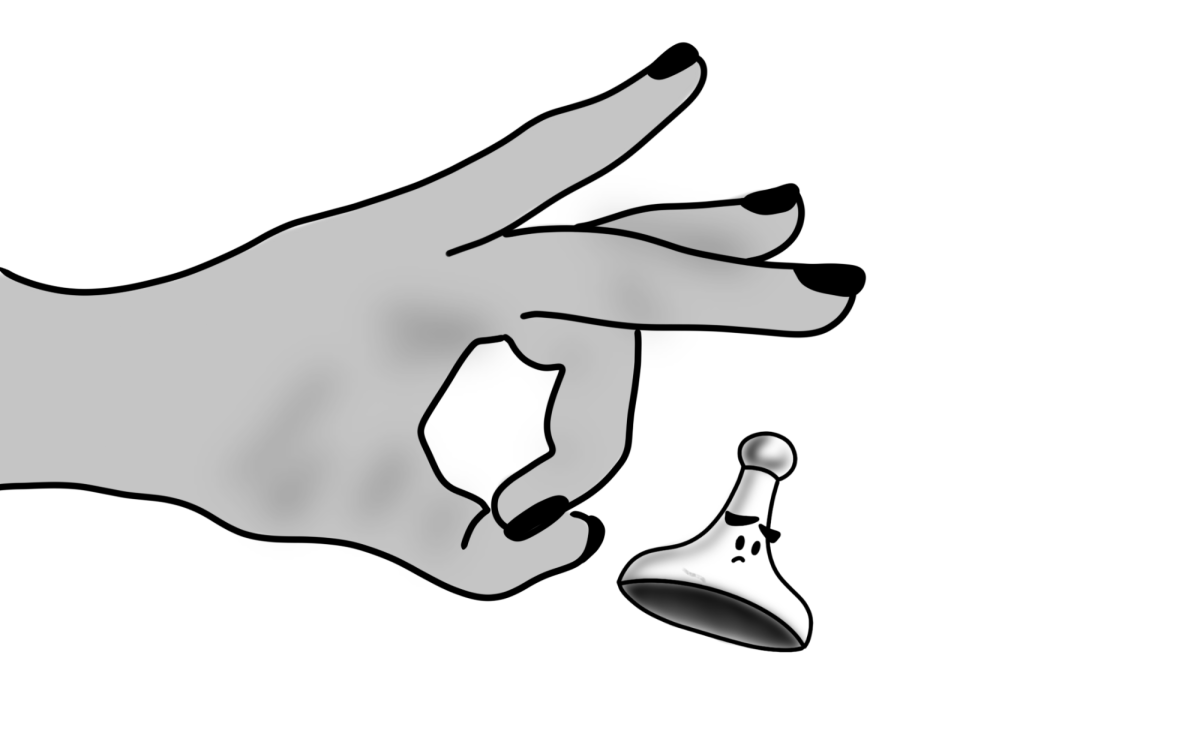It is a Wednesday at Redwood High School, and I am sitting in my first period class at eight in the morning. After observing my fellow classmates, I notice that they are either complaining about being tired or quietly laying their head down on a desk, trying to catch a few more minutes of sleep. You may just think that this is a small issue, but it is far from it. Lack of sleep is a problem that the majority of high school students face on a daily basis.
Today, many teenagers are not aware of the cumulative effects of sleep deprivation on their mental and physical states. According to the March 2018 Bark survey, 23 percent of students at Redwood self-reported that they receive six hours of sleep during school nights, 37 percent receive seven hours, and only nine percent receive over eight hours of sleep. The average amount of sleep a growing teenager needs every night is about nine hours, according to the UCLA Sleep Disorders Center.
In order to improve the health of its students, Redwood’s school days should start thirty minutes later than they do currently. This would improve student sleeping habits, ultimately resulting in better grades, reducing student stress and contributing to healthier psychological development later in life.
“In adolescence, the brain is still developing and sleep is essential to healthy brain development. The brain’s prefrontal cortex is among the last areas of the brain to develop, and undergoes significant maturation during teenager years,” Dr. Michael Breus said, a clinical psychologist specializing in sleep medicine. “This part of the brain is especially sensitive to the effects of sleep deprivation.”

A lack of proper rest can result in poor academic performance and hinder executive functioning. Though a small percentage of sleep deprivation can be blamed on teenagers for staying up too late on social media, much more of the blame falls on the early high school starting times.
Last year, a study in New England by the National Sleep Foundation evaluated 3,000 high school students’ sleeping patterns. The results concluded that the students who earned higher grades had significantly more sleep overall. Sometimes the students who acquired higher grades only received 17 to 33 more minutes of sleep than those reported with lower grades, showing that even a little bit of sleep goes a long way.
While academics take up a lot of time, they are by no means the only thing high schoolers have in their packed and active schedules. The negative effects of sleep deprivation can be compounded by the extremely busy agendas students have to juggle during high school. Students are not just trying to keep up with their school work, but are also are trying to maintain a social life while succeeding in extracurricular activities such as sports, clubs or jobs.
A Harvard study about the impacts of the lack of sleep concludes, “When we are sleep deprived, our focus, attention and vigilance drift, making it more difficult to receive information.”
According to the same study, when students are sleep deprived and attempting to manage their overloaded schedules, they tend to become easily frustrated and experience higher levels of stress due to sleep deprivation.
Without enough time for a student’s body to recover and their mind to relax, a buildup of stress can become overwhelming to one’s mental and physical state. Sleeping eases the burden by increasing people’s happiness.
According to Rachel Pancare, who has a Master of Science in childhood education, the earlier a school starts, the earlier it ends. An earlier dismissal allows more time to be left for after-school activities such as jobs, homework, sports or clubs. This is a common argument that many people bring up when discussing the benefits of having an earlier start time for high schools.
However, even with a sooner dismissal, many of the students who participate in extracurricular activities still get home late at night. This makes it nearly impossible for a student to complete all their homework assignments for the next day and get at least nine hours of sleep.
“Short or poor sleep is a significant risk factor for poor academic performance that is frequently ignored,” states Melissa Locker, a writer for the Time Magazine.
As students, it is imperative that we raise awareness for the detrimental impacts of sleep deprivation. Not only is this a problem at Redwood High School, it is a constant growing issue that impacts the majority of society’s teenagers, children and adults. One of the first steps Redwood students can take to confront this issue is having a small conversation with our administration. We as students, need to be the ones who raise awareness for this problem, nothing will change if we don’t make an effort to speak up.






